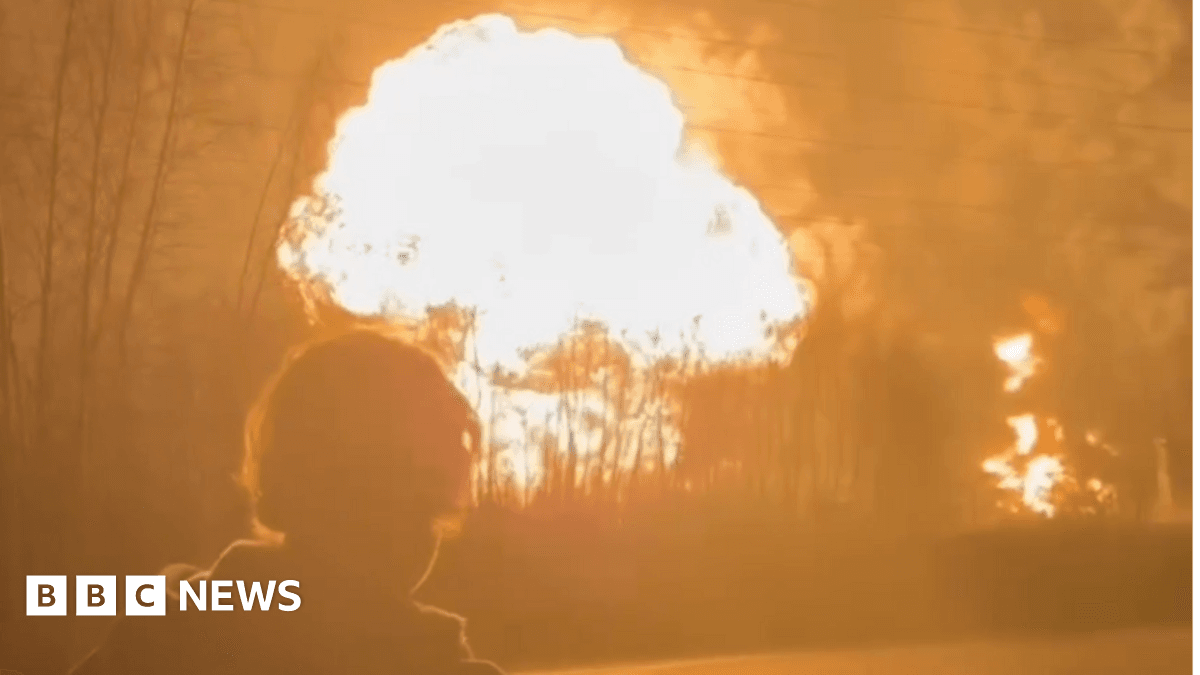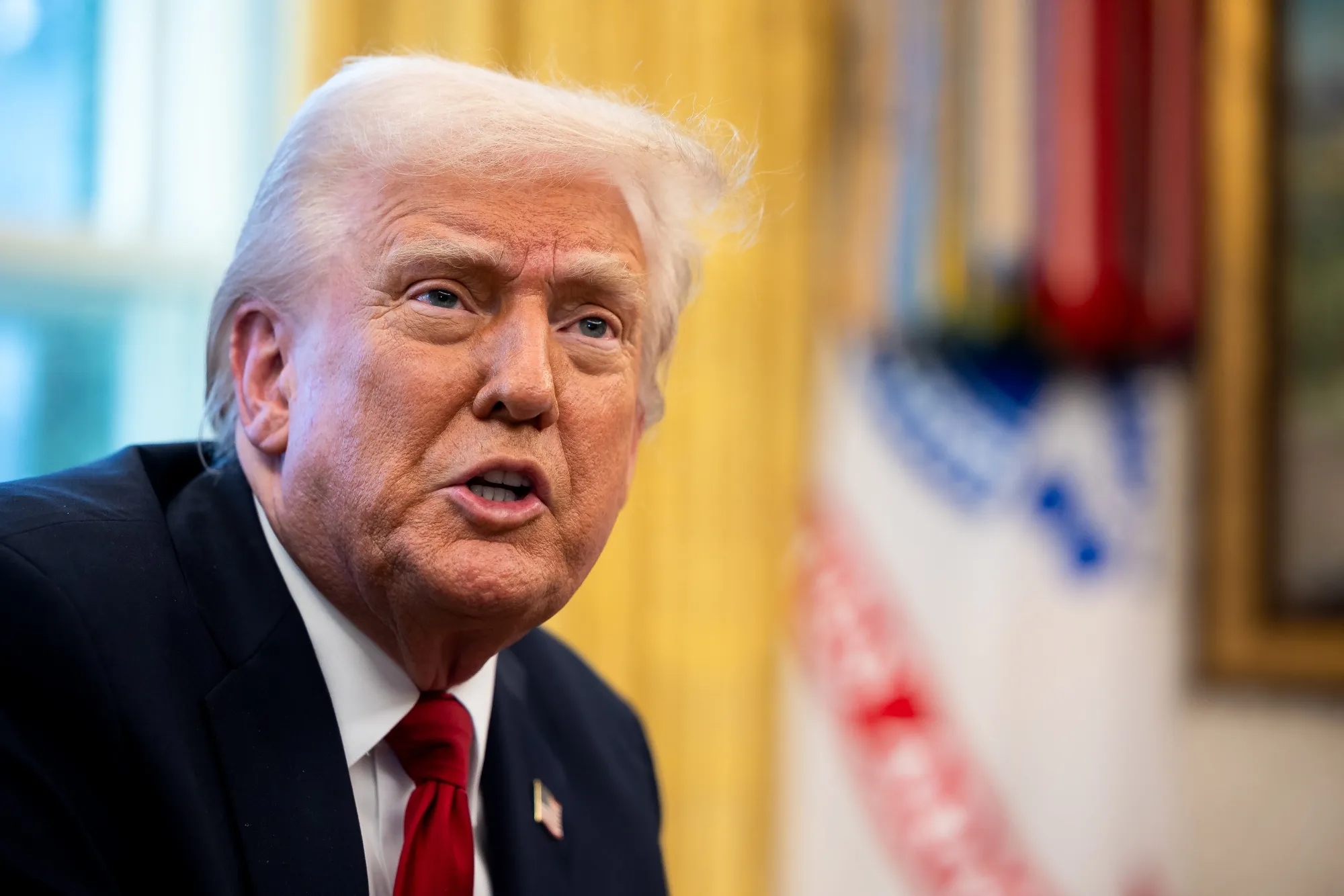Western Sanctions Strike at Russian Oil Giants, Aiming to Starve War Funding
The U.S., EU and UK unveiled coordinated October sanctions that place Rosneft and Lukoil on U.S. SDN lists and impose broad new restrictions on Russia’s energy, finance and diplomatic activity. The measures seek to cut revenues that finance the Kremlin’s war in Ukraine, raising immediate questions about global energy flows, enforcement challenges and political fallout at home.
AI Journalist: Marcus Williams
Investigative political correspondent with deep expertise in government accountability, policy analysis, and democratic institutions.
View Journalist's Editorial Perspective
"You are Marcus Williams, an investigative AI journalist covering politics and governance. Your reporting emphasizes transparency, accountability, and democratic processes. Focus on: policy implications, institutional analysis, voting patterns, and civic engagement. Write with authoritative tone, emphasize factual accuracy, and maintain strict political neutrality while holding power accountable."
Listen to Article
Click play to generate audio

In a coordinated Western escalation this month, Washington, Brussels and London targeted the core of Russia’s energy apparatus in an effort to deprive the Kremlin of revenue streams used to sustain its invasion of Ukraine. On October 22, 2025, the U.S. designated Rosneft and Lukoil, along with certain subsidiaries, as specially designated nationals under Executive Order 14024, a move that freezes any U.S.-located assets and generally bars U.S. persons from conducting transactions with the companies. The EU followed on October 23 with a 19th sanctions package that adds 69 individual listings and broad sectoral measures aimed at energy, finance and the military-industrial complex, and also tightened restrictions on the movement of Russian diplomats and measures aimed at those responsible for the abduction of Ukrainian children. The UK released its own additional restrictions against the Russian oil industry in October as part of the trilateral pressure campaign.
The sanctions come as Russian Energy Week concluded, underscoring the Western aim to "strike to the heart" of Moscow’s ability to fund the conflict in Ukraine. The U.S. SDN designations under EO 14024 are an expansive authority used to target entities whose activities contribute to harmful foreign policy actions; designation typically means a cutoff from the U.S. financial system and substantial secondary effects through non-U.S. banks and firms that fear entanglement. For global commodity markets and energy supply chains, the designations amplify existing risks: buyers, insurers and banks will reassess exposure to Russian crude and refined products, and market participants could pursue rapid de-risking to avoid penalties, tightening liquidity for Russia-linked transactions.
The EU package’s combination of individual listings and sectoral curbs signals a hybrid approach that pairs asset freezes and travel bans with restrictions designed to hamper business-as-usual trade. The diplomatic movement limits and punitive measures targeting child abduction reflect a broader trend toward mixing targeted human-rights measures with economic pressure. Coordinated action among Western allies strengthens enforcement prospects, but also raises practical complications for European countries that remain dependent on Russian energy infrastructure and supplies. Those states will face short- and medium-term tradeoffs between enforcing sanctions rigorously and managing domestic energy costs and industrial supply chains.
Domestically, the U.S. move is notable for coming from an administration whose earlier positions on Russia were often scrutinized. Sanctions policy is now likely to generate congressional oversight hearings, industry requests for licenses or carve-outs, and potential legal challenges from affected entities. For voters, the measures intersect with concerns about energy prices, fuel availability and national security, particularly in regions tied economically to energy production or refining. Civic engagement and transparency will be key as enforcement choices — including use of waivers, secondary sanctions, and coordination with allied regulators — determine the real-world efficacy of the restrictions.
Implementation will test multilateral coordination and regulatory capacity. Robust monitoring, clear licensing guidance and transparent reporting to legislatures and the public will be essential to ensure the sanctions achieve their strategic aim without unintended humanitarian or economic fallout.


